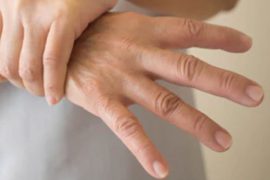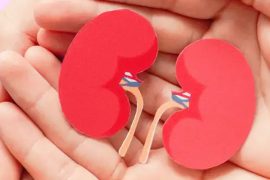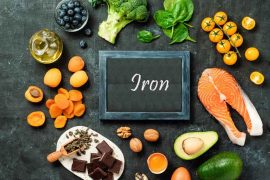Researchers from the Universities of Birmingham and Oxford have made a significant discovery regarding the brain’s role in controlling our willingness to assist others. Their study, published in Nature Human Behaviour, identifies the ventromedial prefrontal cortex (vmPFC) as a crucial region for prosocial activities. This research offers valuable insights into how understanding brain functions associated with “helping” decisions could inspire people to tackle major global issues like infectious diseases, climate change, and international conflict. It also holds potential for developing novel treatments for social interaction difficulties.
The study specifically focuses on the vmPFC, a brain region located at the front of the brain, known for its role in decision-making and other executive functions. Previous studies using magnetic resonance imaging (MRI) have linked the vmPFC to decisions involving trade-offs between rewards and the effort required to obtain them. However, these techniques could not determine if the vmPFC is essential for these functions.
To address this, the researchers recruited three groups of participants: 25 patients with vmPFC damage, 15 patients with damage elsewhere in the brain, and 40 healthy control participants matched for age and gender. This design allowed the researchers to isolate the specific impact of vmPFC damage on prosocial behavior.
Participants in the study engaged in an experiment where they met another person anonymously and then completed a decision-making task. This task measured their willingness to exert physical effort (squeezing a grip force device) to earn rewards (bonus money) for themselves and for the other person. By enabling participants to meet but not see the person they were assisting, the researchers ensured that participants’ efforts had real consequences while preventing any biases based on the other person’s appearance.
Lead author Professor Patricia Lockwood stated: “Prosocial behaviours are essential for addressing global challenges. Yet helping others is often effortful and humans are averse to effort. Understanding how effortful helping decisions are processed in the brain is extremely important.”
The task involved varying the amount of bonus money available for the participant and the other person, as well as the amount of force required to obtain the reward. This setup allowed the researchers to measure the impact of reward and effort separately and use advanced mathematical modeling to quantify motivation accurately.
The study’s results clearly demonstrated that the vmPFC is necessary for the motivation to help others. Patients with vmPFC damage were less willing to choose to help others, exerted less force even when they decided to help, and earned less money for others compared to the control groups.
Additionally, the researchers used lesion symptom mapping to identify more specific subregions within the vmPFC. They found that damage to certain subregions made individuals particularly antisocial and unwilling to exert effort for others, while damage to nearby but different subregions surprisingly made individuals more willing to help. This nuanced understanding of the vmPFC’s role highlights the complexity of brain functions related to social behavior and prosocial motivation.
Co-lead author Dr Jo Cutler stated: “As well as better understanding prosocial motivation, this study could also help us to develop new treatments for clinical disorders such as psychopathy, where understanding the underlying neural mechanisms can give us new insights into how to treat these conditions.”
“This region of the brain is particularly interesting because we know that it undergoes late development in teenagers, and also changes as we get older,” attached Professor Lockwood. “It will be really interesting to see whether this area of the brain can also be influenced by education – can we learn to be better at helping others?”
Disclaimer:
The information contained in this article is for educational and informational purposes only and is not intended as a health advice. We would ask you to consult a qualified professional or medical expert to gain additional knowledge before you choose to consume any product or perform any exercise.







